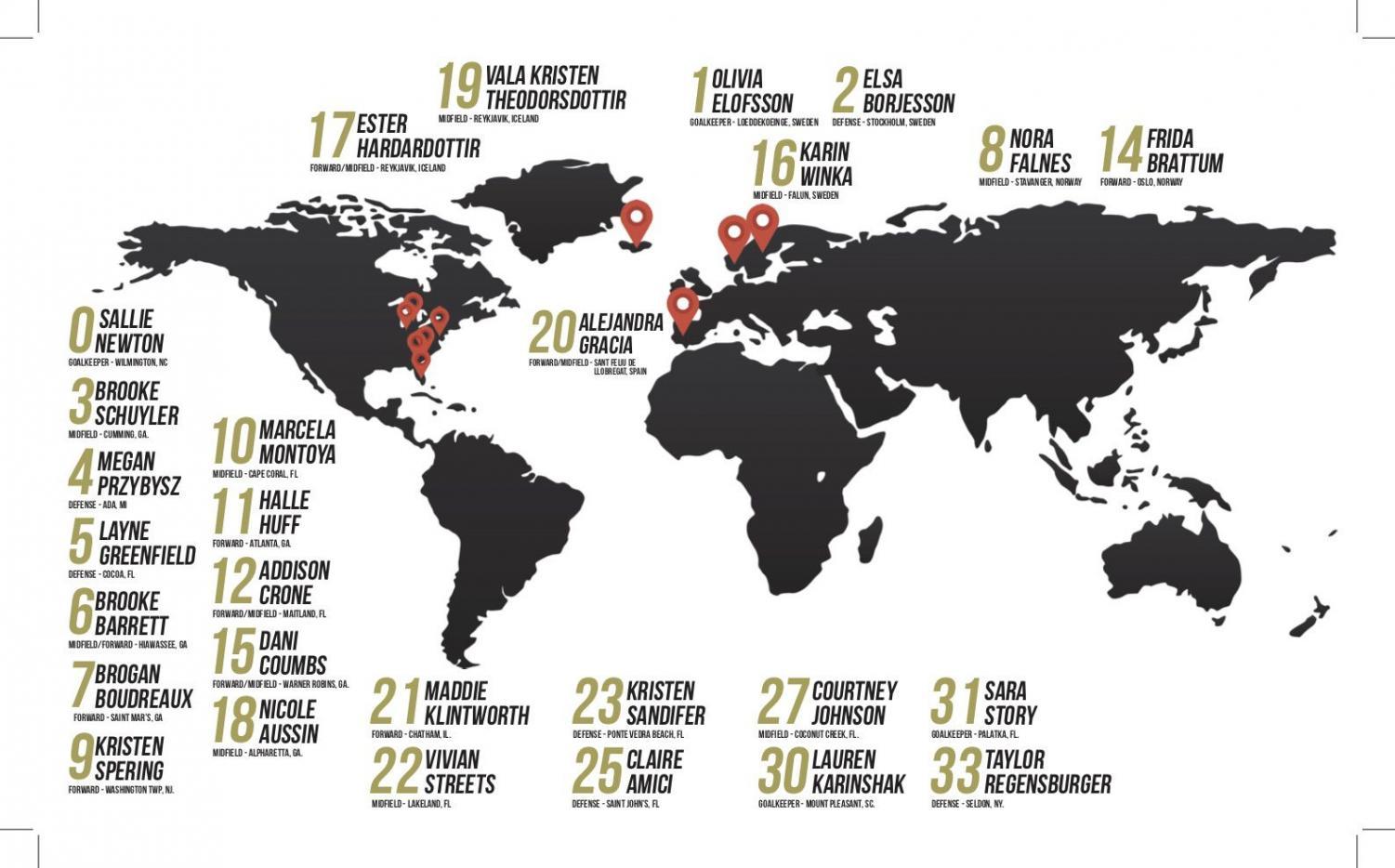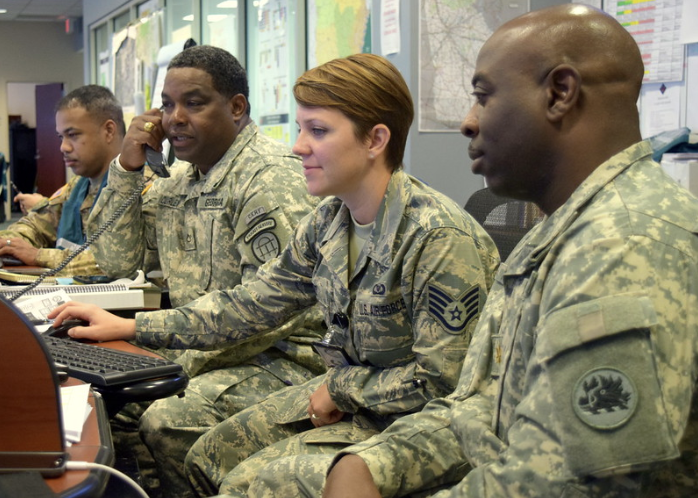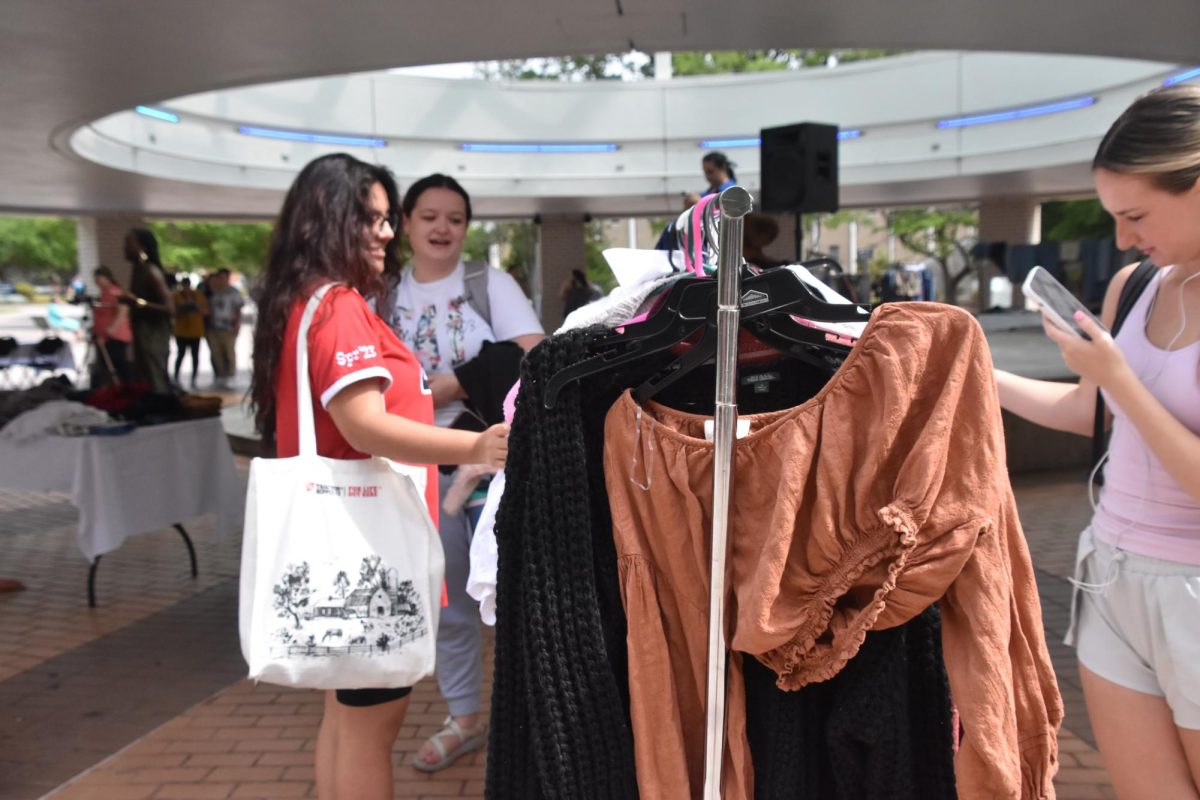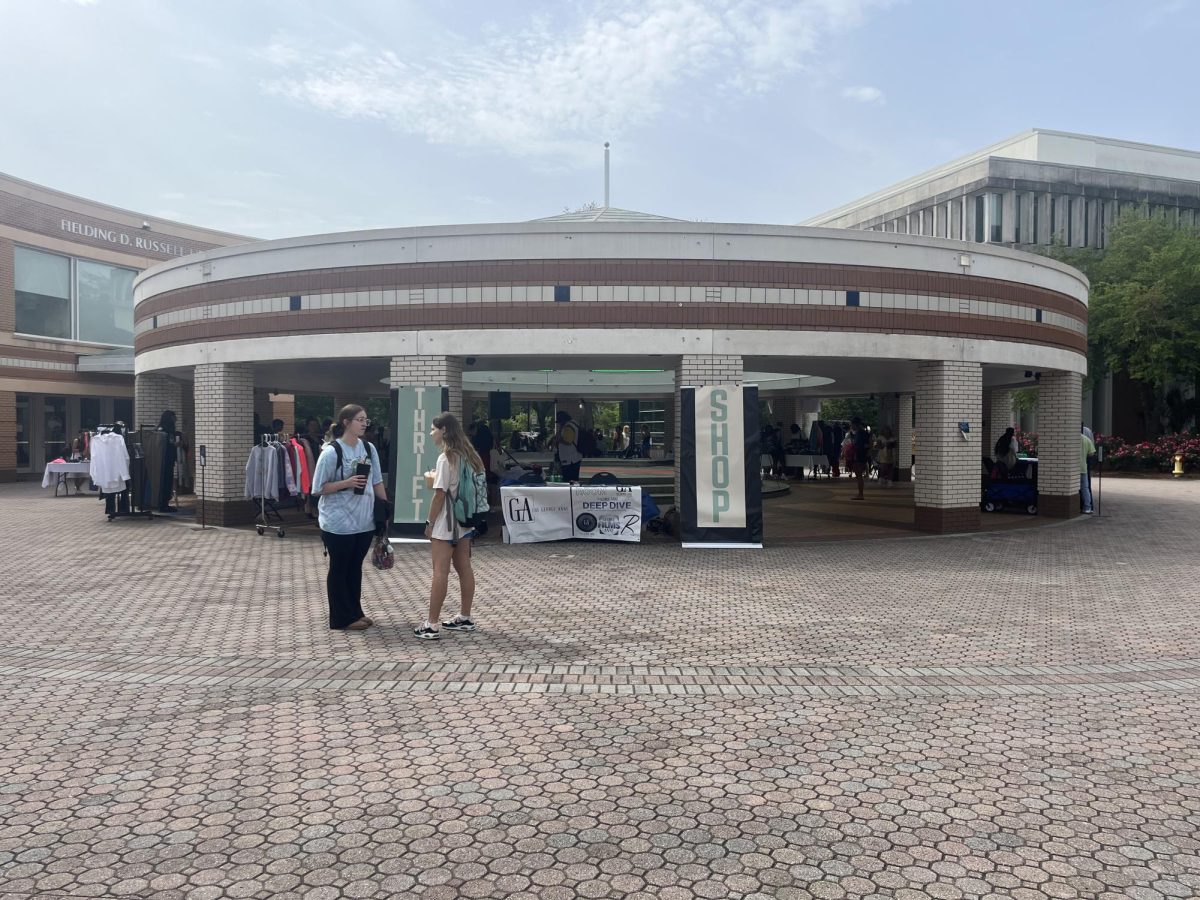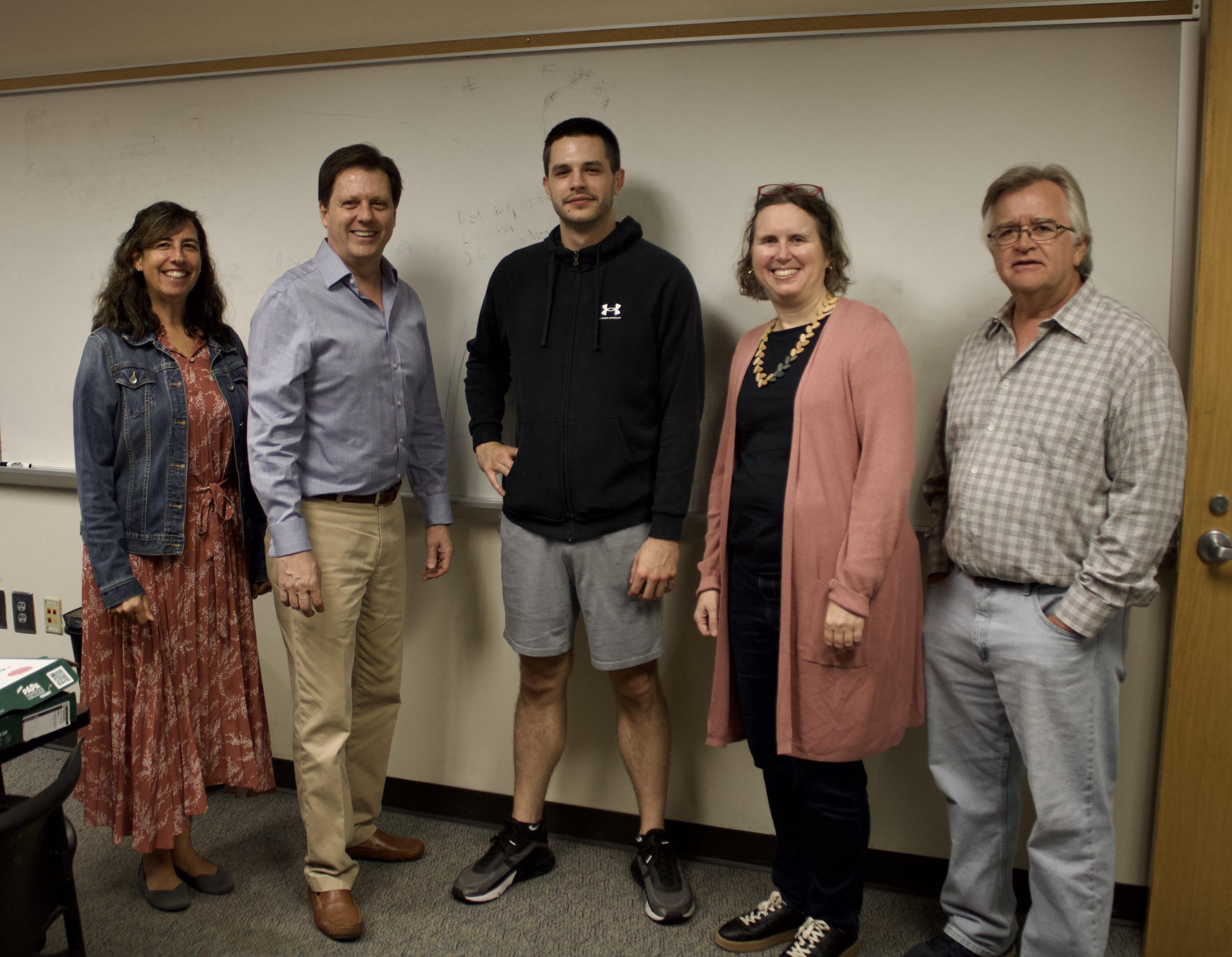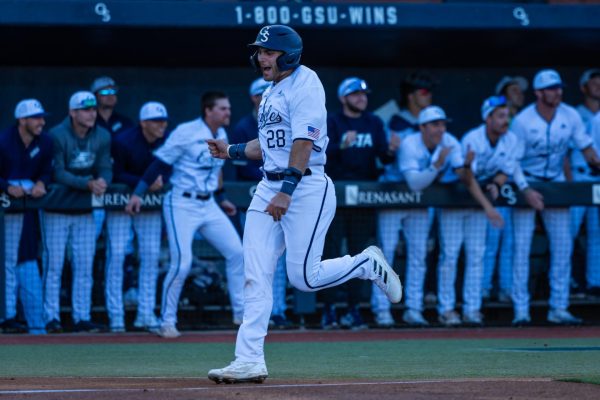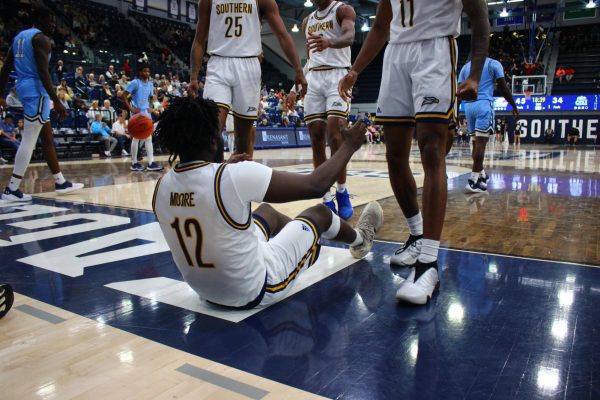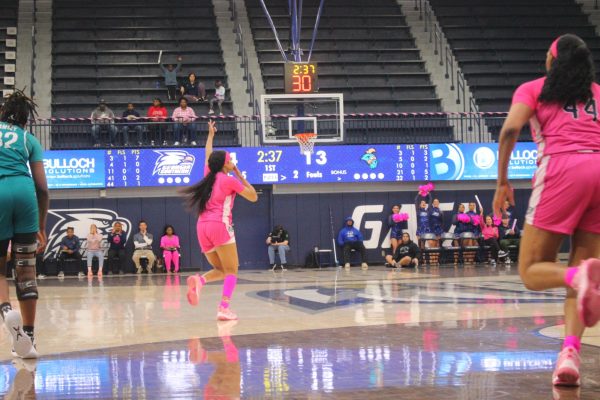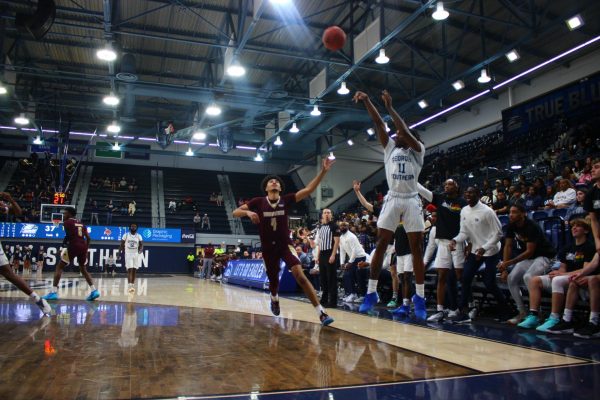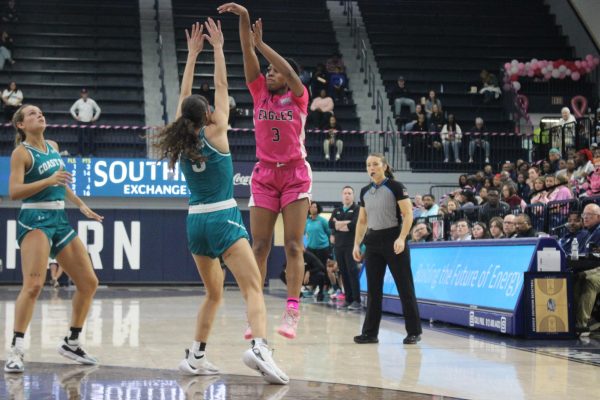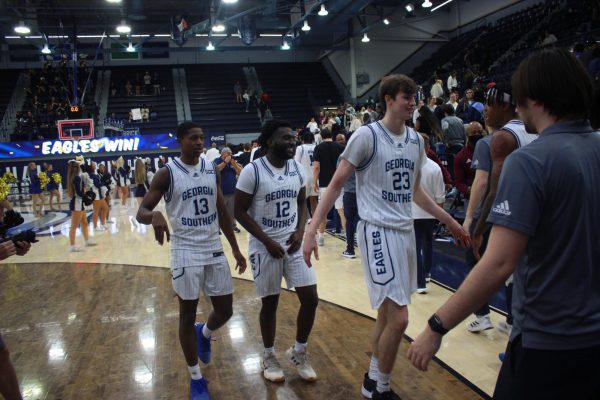Georgia Southern soccer provides mixing pot of cultures in South Georgia
September 19, 2019
One of the great values in a large American university, and through the course of life, is the ability to experience humanity through a previously unknown lense.
At a school like Georgia Southern, the opportunity to wear those tinted glasses can frequently present itself through a wide variety of cultures and representatives of the rest of the world.
Sports teams, especially the GS soccer program, often provide an opportunity for international exchange.
The GS women’s soccer roster, for example, lists eight players born overseas, and two of them took the opportunity to speak on their home lives, their thoughts on Statesboro, and their general thoughts and reactions to their own taste of an American experience.
Sophomore midfielder Nora Falnes joined the Eagles out of Stavanger, Norway for the opportunity to continue her soccer while earning her degree.
While her intention was never to specifically live overseas, Falnes never had a clear idea of “what [she] wanted to be, work wise, and in Norway you can’t really combine playing soccer at a high level and education.”
In an attempt to balance the need for an education in an unknown field and her known love for soccer, she looked into playing away from home.
Vala Kristin Theodorsdottir is another foreign-born sophomore midfielder, hailing from Reykjavík, Iceland. Theodorsdottir followed a similar path to Falnes in her transition to Statesboro.
She wanted to find a place that allowed her to compete on the field and work in the classroom. One of the major factors that helped her choose GS was the care and support from the locker room, which she struggled with at her previous school, Kansas State.
“The team was so much more welcoming, and I fit so much better,” she said after moving to Statesboro this spring.
That spirit and support has helped both players through the difficulties of living far from home. Although the two have learned English in school from a very young age, communication with the team and in class, remains a concern.
Falnes admits she felt self conscious about speaking and hearing everything in English nearly full time when coming to America, especially when it comes to the classroom setting.
“With every class in English I was so confused,” she said. “Should I take notes in Norwegian, should I take notes in English? I couldn’t keep up with what the professors said.”
As a whole though, both addressed many of the changes as minimal. Issues arise when talking with family back home for Falnes, as there is a seven hour time difference. This makes scheduling time to talk very difficult for her.
Simple things for us such as unit conversions, has forced an adjustment period for both players. When told to run a mile by coaches, they find themselves asking, “How far is that?”
Of course, the Statesboro heat and humidity was a transition as well for Theodorsdottir, since Iceland only gets four hours of daylight during the winter.
Both players found that the people in Statesboro are generally more friendly than their home countries. They’ve felt the southern hospitality that America has been teased about overseas.
“People are super welcoming here,” Falnes said. “At home, people are more closed. If you’re on a bus it’s normal to just sit alone, if someone sits with you it’s kind of like ‘Why are you sitting with me?’ but here it’s ‘Oh how are you,’” Falnes said.
The generalization of Americans as ignorant to the remainder of the globe was one of the few things that did not shock either athletes.
“I was kind of shocked how little Americans knew about the outside world,” Falnes said.
She said that people wonder whether or not Norwegians ate cereal or, appallingly, asked her, “Do you guys have windows in your houses?”
Apparently, people often confused the European nation’s lifestyle with the furs and Igloos of North American Eskimos.
As a whole, the experience has been worthwhile for both Eagles, for their individual development and for the continued improvement and celebration of background and outlook of Georgia Southern.
Michael Smith, The George-Anne Sports Reporter, gasports@georgiasouthern.edu

